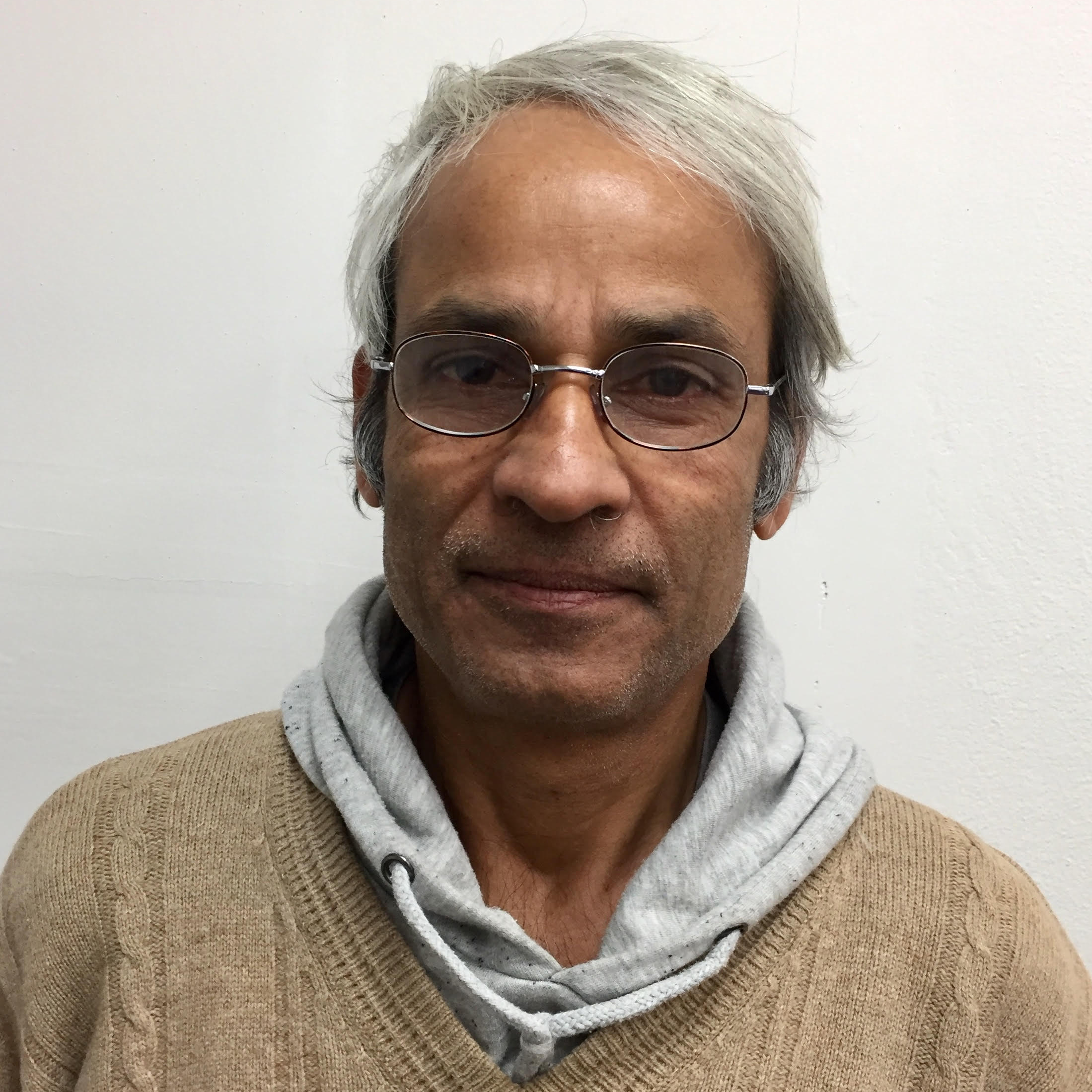Opinion
Redrawing the boundaries
People can reap ecological benefits by including mountains, hills and plains in a province
Jagannath Adhikari
What do we make of the current proposal to amend the constitution to reconfigure the boundaries of Province 5 and the spontaneous and massive opposition from local residents of all backgrounds? This simply reveals the hypocritical nature of the government’s proposal in that it imposes the will of central leaders against the interest of locals. This, in principle, is against the ideals of federalism.
Restructuring the state for a federal system in Nepal took the wrong course from the beginning. The main problem is that there was no attention to understanding how the residents wanted their state boundaries to be drawn. There was no debate on this issue at the local level. Whatever decision was made—whether by the commissions or the leaders—was based on the interest for gerrymandering of political parties, ethnic activists and their main leaders.
It is understandable that local debates would not have led to a neat delineation of the states as there are diverse interests among different people. However, it would have helped to find out what a large majority of the people thought about their state and how to protect the rights and interests of the minority groups residing there. Sadly, this opportunity was missed, and the arbitrary proposals, such as the one presented by the government now, will lead the country into a maelstrom.
Administrative convenience
The protests in Province 5 reveal that the main assumptions on state restructuring held by a section of the political class, especially those favouring ethnic federalism, do not hold true. One of the assumptions was that the hills and the Tarai could not be included in one state. The other assumption was that access to administrative and other services was of lesser value in comparison to ethnic homogeneity in the state.
The massive presence of people from both the hills and the Tarai in the demonstrations against the government proposal clearly shows that the two regions can be meaningfully included in the proposed states. This is an outcome of the mutual harmony between people living in the hills and the Tarai from a long time ago. In fact, a large majority of the people in both the hills and the Tarai want to form states by combining the two regions, and there should be a way to measure their preferences.
As of matter of fact, delineating the states by including the mountain, hill and Tarai regions will be very beneficial. By doing so, all the ecological benefits and services that can be derived by integrating vertical ecological landscapes will be available to the people. A state, then, will be in a better position to plan to optimally use these ecological services, and build infrastructures like hydropower. These services will become more important as urbanisation and industrialisation grow. They are also necessary to cope with disasters and other problems which are also growing because of climate change and demographic pressure. As a state will also be a planning unit with a higher level of autonomy for development, integration of the hills and the Tarai will make it easy to design plans to optimise the benefits of ecological services arising from different landscapes.
Local people may not have understood the scientific logic in integrating the hills and the Tarai in a political unit. However, they seem to have understood the benefits of trading the products of their unique ecologies. For example, the people participating in the protests were claiming that ghee and herbs from the hills and rice from the Tarai have been traded since time immemorial. In fact, these types of exchanges and flows of resources, which are unique to this vertically integrated ecosystem, have improved the lives of people in both areas. Similarly, there was movement of people from the hills to the Tarai and vice versa even in the past. Besides this seasonal movement, people also travelled back and forth to collect products not produced locally. In recent times, the reasons have to do more with a search for livelihoods and other opportunities.
State restructuring based on development and access to services was dismissed as ‘administrative federalism’. But people in general aspire to have more political autonomy as well as access to services in the federal states to be formed. For example, reacting to the proposed change in State 5, a person from Rolpa belonging to an ethnic group wrote that he would now need to spend two nights to reach Pokhara to complete government paperwork, and that it would make no difference whether he has to go to Pokhara or Kathmandu. This reveals that people want official services or provincial capitals to be within easy access.
Minority concerns
At the same time, the genuine concerns of marginalised groups, ethnic or other groups, could be overlooked while restructuring the state. This could happen whether it is done as per the constitution or in other ways. As there cannot be many provinces, it is natural that solutions to the problems of marginalised groups need to be sought within the seven provinces proposed in the constitution. For example, in Province 5, ways to transfer state resources and provide greater decision-making power to marginalised groups like Tharus, Bote, Majis, Muslims and Dalits should be worked out in consultation with them. This can also be done in Province 7, where Tharus and other marginalised groups in Kailali and Kanchanpur need to be consulted as to how they can be empowered with more decision-making power and resources for their welfare. The same process could be adopted in Province 1.
State restructuring has become a tricky political issue in Nepal, and it needs to be tackled with prudence and political unity. As University Professor at Columbia University Jeffrey Sachs recently said in Kathmandu, politicians need to understand that endless squabbling is not safe for the country, and that Nepal must grow rapidly alongside neighbours for the sake of national security too. This clearly means that economic growth is vitally important for Nepal’s survival as a sovereign and secure state, and so political debate should be focused on this issue.
Adhikari is a human geographer with an interest in development planning




 9.6°C Kathmandu
9.6°C Kathmandu










